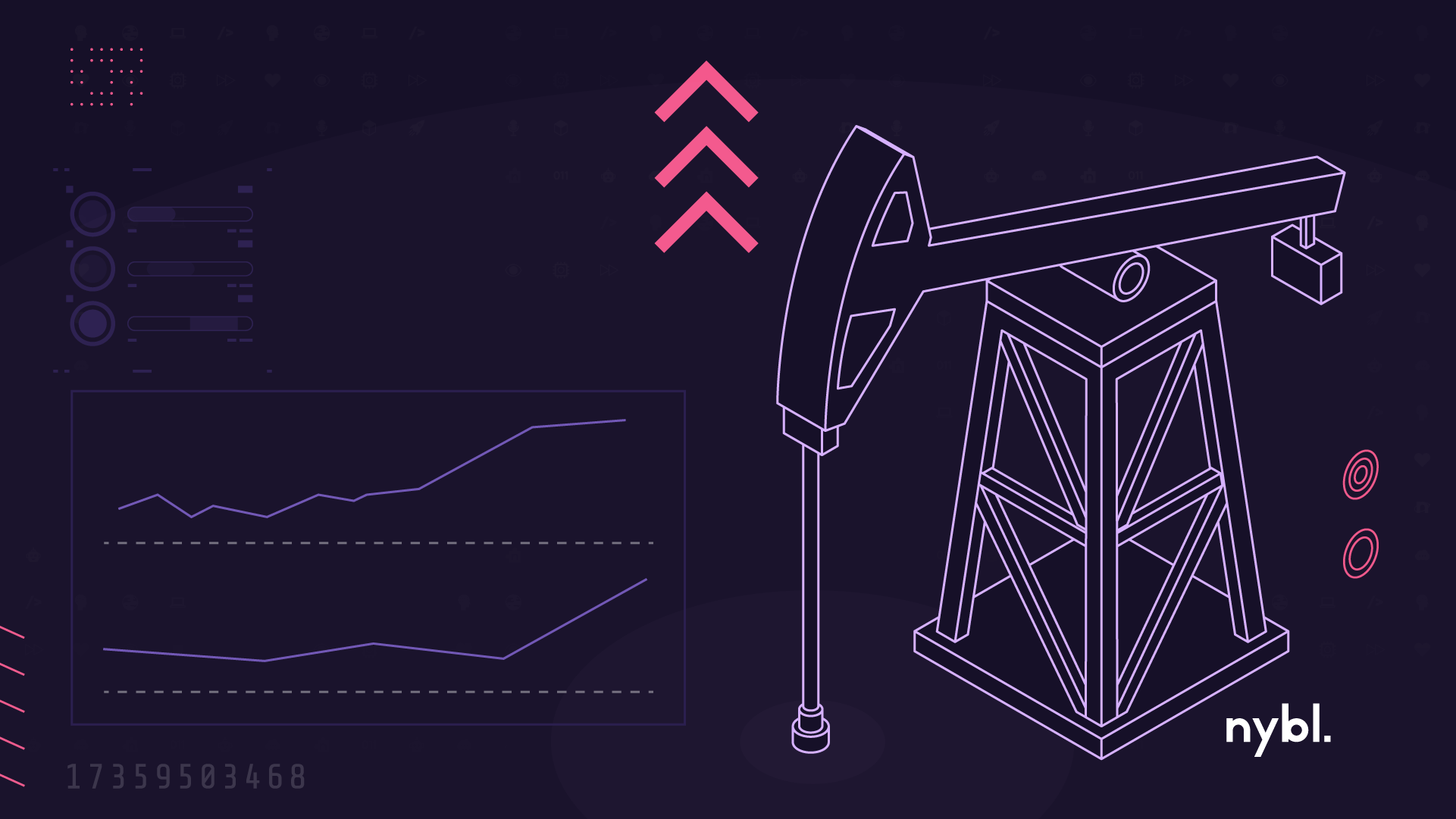With advancements in modern technologies like the Internet of Things (IoT), Artificial Intelligence (AI), and Machine Learning (ML), industries in all areas can improve operation abilities by optimizing their operating parameters. The oil and gas industry is no exception; they also look for innovative ways to increase productivity, reduce production costs, and avoid downtime. In this article, let’s explore how to enhance oil production by optimizing Electric Submersible Pump (ESP) systems using AI applications.
Why Are ESPs Important in the Oil and Gas Industry?
Electrical submersible pumps are used in the oil and gas industry to provide additional pressure to the fluids (oil, gas, water) so they can reach the surface after the pressure in the reservoir–located thousands of feet below the ground–has been reduced following years of production, what is known as a decline in natural reservoir pressure.
In addition to high-volume oil recovery, ESP systems are deployed for transferring large quantities of fluids, minimizing surface footprint, and more. Since these systems have very high efficiencies, the carbon footprint is also reduced in comparison to other methods.
Although ESPs are designed to withstand harsh environments, including corrosion, high bottom hole temperatures, extreme pressures, and more, it is a fact that they can fail, sometimes without any apparent signals.
Leveraging AI to Optimize ESP Operating Parameters
AI applications serve as ESP monitoring tools, allowing operators to make informed and systematic decisions to optimize operational efficiency. By leveraging AI-driven insights, such as those provided by advanced solutions like nybl’s liftAI, operators can enhance their ability to manage ESP operations effectively and maintain high-performance levels throughout production processes.
The Integration of AI technologies in oilfield monitoring and operations increases reliability, productivity, and overall performance. Below are some specific ways AI can enhance ESP operations.
Optimizing Operational Efficiency
Regular analyses of data such as, fluids flow rates, and energy efficiency, help operators optimize performance parameters and maintain proper asset management by reducing energy consumption and unit operation costs, with additional profits flowing to the bottom line. AI solutions like nybl’s liftAI suggest optimized settings for pump speed, fluid flow rate, and other critical parameters to maximize oil production while minimizing energy consumption. The RRL (Remaining Run Life) algorithm of liftAI helps to forecast the operational lifespan of an ESP before reaching a critical threshold where failure is likely to occur. This predictive capability is crucial for optimizing maintenance schedules.
Furthermore, AI-powered remote monitoring solutions help enhance human labor at the well sites, contributing to a healthier and safer environment for the employees and supporting a more sustainable work environment. For example, nybl’s liftAI offers real-time monitoring of ESP performance and operational status, providing operators with instant alerts and notifications for potential issues, allowing rapid response and preventive actions to avoid costly downtime and disruptions.
Resolving Unexpected ESP Failures
Regular and continuous monitoring of ESP operating parameters using cutting-edge AI-based tools helps to proactively identify changes that allow operators to learn about potential risks and mitigate their consequences before they occur. liftAI uses AI-based predictive analytic data to forecast potential ESP failures in advance. By analyzing historical performance data and real-time IoT sensor readings, it identifies patterns and indicators of predictive failures, allowing proactive maintenance.
Integration and Usability
Advanced AI solutions seamlessly integrate with existing data sources, including IoT sensors and historical databases, processing and analyzing large volumes of data to extract intelligent insights, eliminate pump failures, and enable data-driven decision-making for ESP operation and performance optimization. Solutions like liftAI feature user-friendly interfaces designed for ease of use and accessibility, allowing enterprises to deploy them quickly and operators to interact intuitively with the platform, accessing actionable insights and recommendations to streamline ESP operations and maintenance workflows.
Wrapping Up
The landscape of ESP management is evolving continuously to enable a more cost-effective, efficient, and sustainable business for the oil and gas industry. The convergence of AI, IoT, and ML technologies facilitates improved ESP management. AI algorithms can natively be used to analyze vast amounts of real-time data collected from IoT sensors, but they require niche knowledge to turn them into reliable, valuable tools that combine those data to turn them into enablers of decisions that empower operators to take the right actions at the right moments.
This is what makes nybl’s liftAI the leading remote oilfield management solution for the oil and gas industry. LiftAI has demonstrated its effectiveness in regular operations and pilot tests, delivering tangible benefits such as increasing oil production by up to 7%, extending pump lifespan by up to 20%, and reducing operations and maintenance-related emissions by 10-15%.
By harnessing real-time proprietary data insights and predictive analytics, LiftAI empowers operators to make informed decisions, detect potential issues, and optimize production processes. This transformative integration of AI-driven insights with remote management capabilities enables oil and gas companies to achieve a more sustainable operation.












